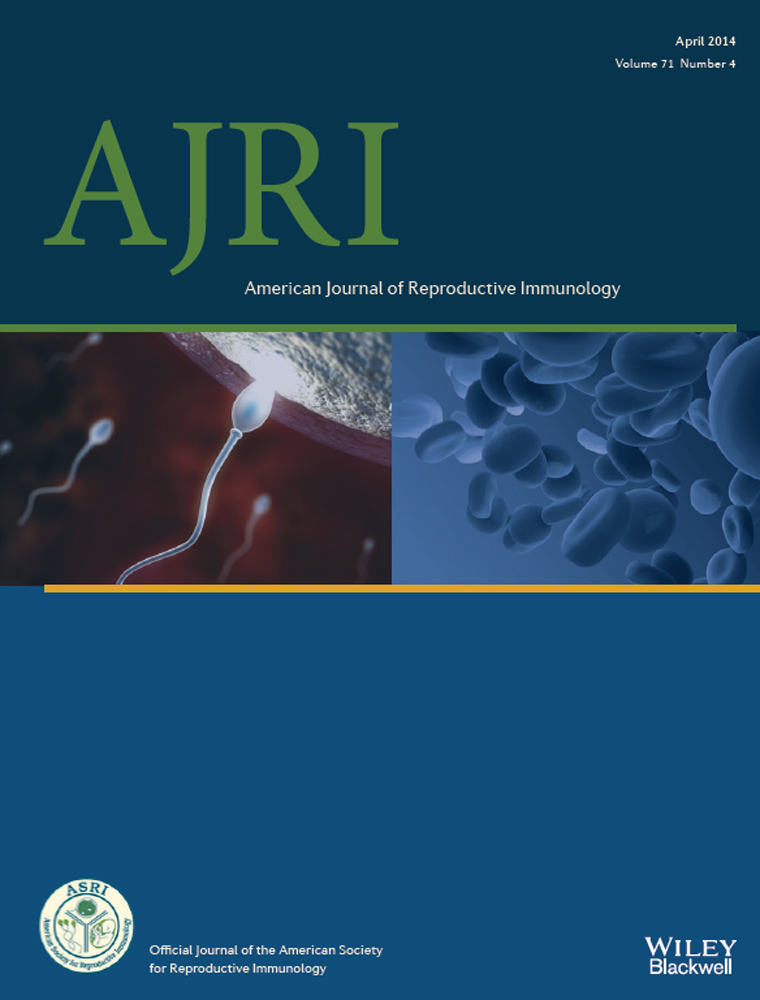All-Trans-Retinoic Acid Ameliorates the Inflammation by Inducing Transforming Growth Factor Beta 1 and Interleukin 10 in Mouse Epididymitis
Abstract
Problem
Epididymitis, one of the most common urological diseases, can lead to the destruction of the epididymal duct and cause transient or permanent sterility. The aim of this study was to investigate the functions and related mechanisms of all trans retinoic acid (atRA) in alleviating the acute inflammation of epididymitis.
Method of study
The mouse model of the epididymitis was induced by injecting Escherichia coli into the cauda epididymis. atRA was administrated for five consecutive days through intraperitoneal injection. The expression levels of inflammatory cytokines were measured by real-time PCR and Western blot. In addition, cultured primary mouse epididymal epithelial cells were treated with different concentrations of atRA and RAR antagonists to identify whether the effect of atRA was mediated through RAR.
Results
Our results demonstrate that atRA ameliorates the inflammation in mouse epididymitis by decreasing the expression of the pro-inflammatory cytokines and increasing the expression of anti-inflammatory factors including TGF-β1 and IL-10. Our results show that the upregulating effect of atRA on TGF-β1 was mediated by RARα, and the enhancing effect of atRA on IL-10 expression was mediated via RARβ.
Conclusion
These new results suggest that atRA is involved in regulating the inflammatory response of epididymis.




